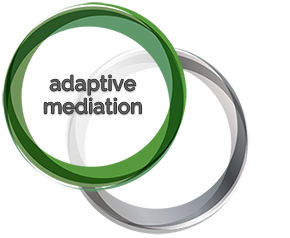
Assumptions can be loosely defined as notions of truth without proof.
Mediators are required to be impartial, but no person thinks in a completely neutral way. We all make judgements about people and possible outcomes.
How do mediators deal with this?
Making assumptions during a mediation is actually ok. It helps bring to mind important questions to ask, to test the reality of the issues raised so that we can obtain a deeper understanding of the disputants concerns.
Just like an iceberg, what we see (or hear) on the surface is only the beginning. In a mediation context, the tip of the iceberg is the reality presented to us by a party.
So, how so mediators ensure that their assumptions don’t adversely impact their impartiality?
When we hear generalisations (such as ‘everyone’, ‘nobody’, ‘always’, ‘never’) or distorted statements (x makes me feel y) and they don’t quite add up, we ask more questions to clarify what is meant, identify the underlying issue or find the real cause behind the statement.
The answers to why? what? when? where? how? tell me more about this or that…adds important information to the discussion and gives everyone involved in the mediation valuable perspective.
As a result, assumptions, while not impartial, are helpful during the mediation process. Accredited mediators are trained to identify what to listen for and how to ask helpful questions to highlight the depth of the iceberg.

0 Comments